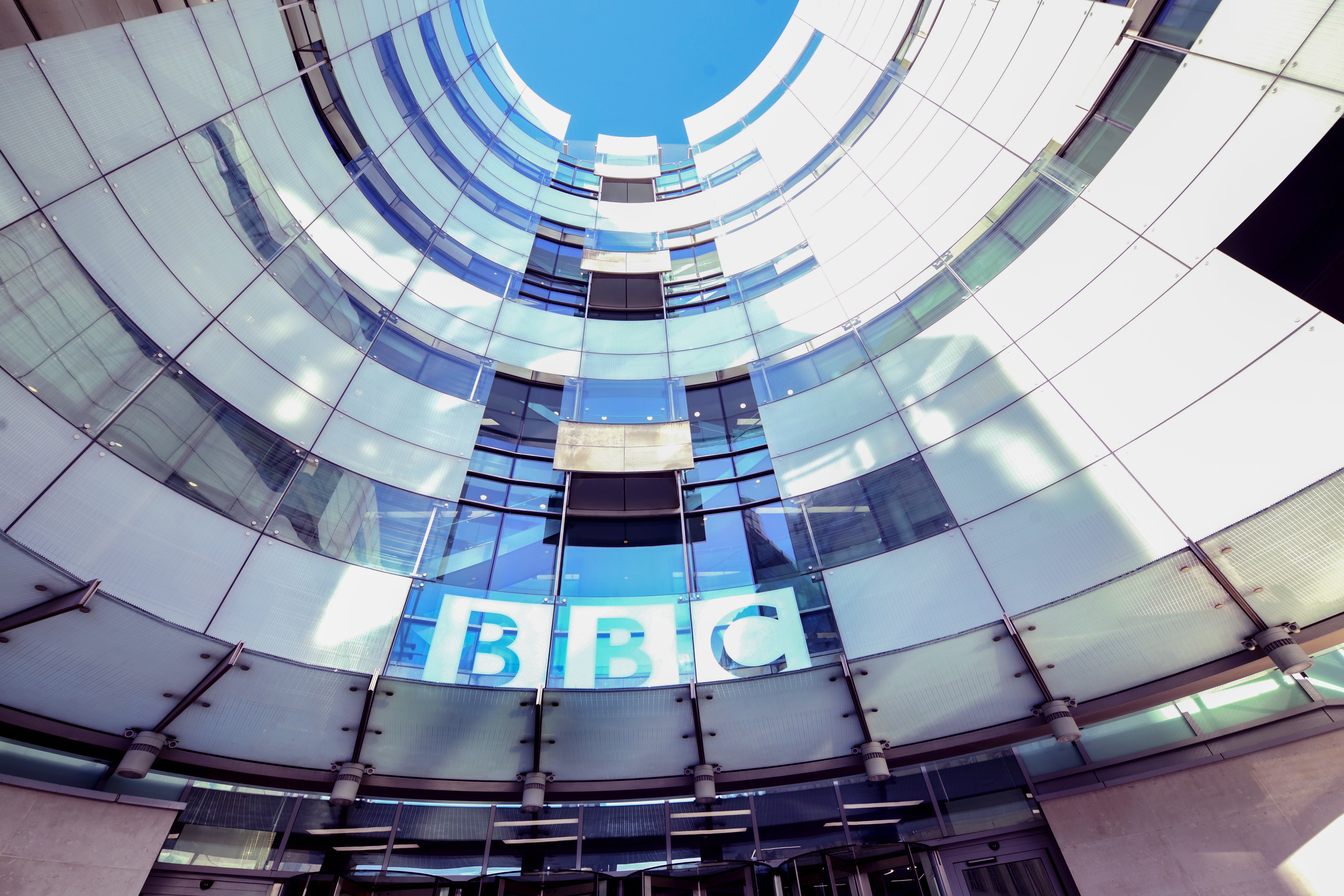BBC pledges to continue efforts to ensure Russian access to news service
The broadcaster has seen an increase in traffic to its Russian language site.

The BBC has said it will continue efforts to ensure people in Russia have access to its news output following reports its Russian Service website has been blocked in the country.
German public broadcaster Deutsche Welle reported that the BBC site was not working within Russia.
However, BBC Russia said the domain https://bbc.com has not been added to the country’s registry of banned sites.
We will continue our efforts to make BBC News available in Russia, and across the rest of the world
It comes after the Kremlin accused the corporation of playing a “determined role in undermining the Russian stability and security”.
A BBC spokesman said: “Access to accurate, independent information is a fundamental human right which should not be denied to the people of Russia, millions of whom rely on BBC News every week.
“We will continue our efforts to make BBC News available in Russia, and across the rest of the world.”
The BBC News Technology Twitter account shared a link to an article reminding viewers that its Ukrainian and Russian language services are available on the dark web.
The broadcaster has made its international news website available through the Tor network, a privacy-focused software used to access the dark web, in a bid to thwart censorship attempts.
The BBC has seen an increase in traffic to its Russian language news website since the invasion of Ukraine began.
It said the site’s audience rose to a record 10.7 million people in the last week – more than triple its year-to-date weekly average.
Visitors to the English language bbc.com in Russia were up 252% to 423,000 last week.
UK watchdog Ofcom has opened 27 investigations into the “due impartiality” of programmes broadcast on the Kremlin-backed RT news channel, formerly known as Russia Today.
Speaking in the House of Commons on Thursday, Culture Secretary Nadine Dorries said RT should lose its licence and “never again” be able to broadcast “poisonous propaganda”.
However, Foreign Secretary Liz Truss warned on Monday that the BBC risked being banned in Russia if RT was shut down in the UK.
Russian foreign ministry spokeswoman Maria Zakharova has since accused the BBC of playing “a determined role in undermining the Russian stability and security”.
She also condemned the banning of Russian media RT and Sputnik globally, claiming the world was being deprived of Russia’s point of view and Western media was only giving one side.
CNN has reported that the US arm of RT will be effectively shutting down while European Commission president Ursula von der Leyen announced last weekend the channel would be banned in the EU.
Bookmark popover
Removed from bookmarks